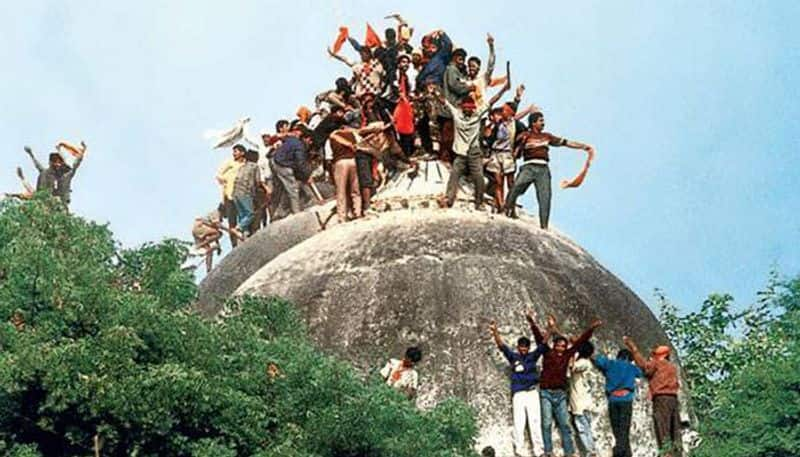The hearing was earlier scheduled for January 29, but deferred due to non-availability of Justice Bobde. On January 29, the Centre had filed a fresh plea to return the non-disputed part of the 67-acre land around the site acquired in 1991 to its original owners, mainly the Ram Janmabhoomi Nyas.
New Delhi: In what could take the run-up to the 2019 general elections to a new crescendo, the much awaited hearing of the Ayodhya Ram temple case would be held on February 26 in the court of the Chief Justice of India (CJI) Ranjan Gogoi.
The apex court on Wednesday decided on the date when the Constitution bench would hear the matter. The reconstituted bench is comprised of, apart from the CJI, Justices SA Bobde, DY Chandrachud, Ashok Bhushan and Abdul Nazeer.
History of postponements
The hearing has so far been getting postponed on one ground or the other. Last time the hearing had to happen on January 29, but was deferred due to the non-availability of Justice Bobde. The court had back then not announced a new date for hearing the Ram Janmabhoomi-Babri Masjid land title dispute. The deferral had come on January 27.
The hearing was cancelled two days after CJI Gogoi reconstituted a five-member bench to hear the case.
Earlier, the Ram Janmabhoomi-Babri Masjid title suit was postponed after Justice UU Lalit had recused himself, saying that he was a lawyer in a related case.
The BJP-led Centre had come under quite some public pressure as the pitch for a Ram temple in Ayodhya became more and more shrill by the day.
Given that the temple has been a cornerstone of the saffron outfit’s political manifesto for a long time and the general elections are just round the corner, the Centre had on January 29 moved SC, seeking the apex court’s permission to return the non-disputed part of the 67-acre acquired land around the disputed Ram Janmabhoomi-Babri Masjid site to its original owners. The land was acquired back in 1991 by the Narasimha Rao government to make way for a peaceful resolution of the dispute.
In a fresh plea, the Centre had said it had acquired 67 acres of land around the 2.77-acre disputed Ram Janambhoomi-Babri Masjid site.
The government wanted the removal of the status quo on the non-disputed land.
The government wanted to hand over this land to the Ram Janmabhoomi Nyas, a trust founded by the Vishwa Hindu Parishad (VHP) to promote and oversee the construction of the Ram temple.
The plea filed by the Centre had said that the Ram Janambhoomi Nyas had sought the return of excess land acquired in 1991 to the original owners.
Last Updated Feb 20, 2019, 3:37 PM IST











![Salman Khan sets stage on fire for Anant Ambani, Radhika Merchant pre-wedding festivities [WATCH] ATG](https://static-ai.asianetnews.com/images/01hr1hh8y86gvb4kbqgnyhc0w0/whatsapp-image-2024-03-03-at-12-24-37-pm_100x60xt.jpg)
![Pregnant Deepika Padukone dances with Ranveer Singh at Anant Ambani, Radhika Merchant pre-wedding bash [WATCH] ATG](https://static-ai.asianetnews.com/images/01hr1ffyd3nzqzgm6ba0k87vr8/whatsapp-image-2024-03-03-at-11-45-35-am_100x60xt.jpg)



